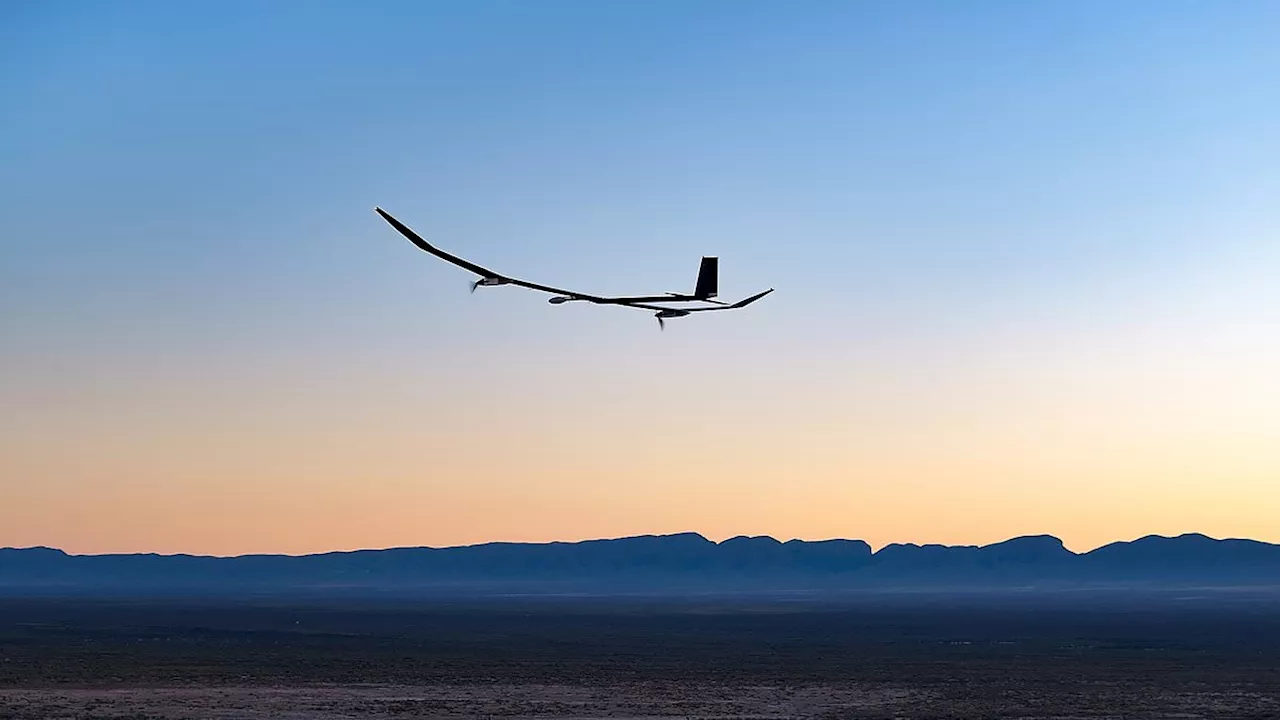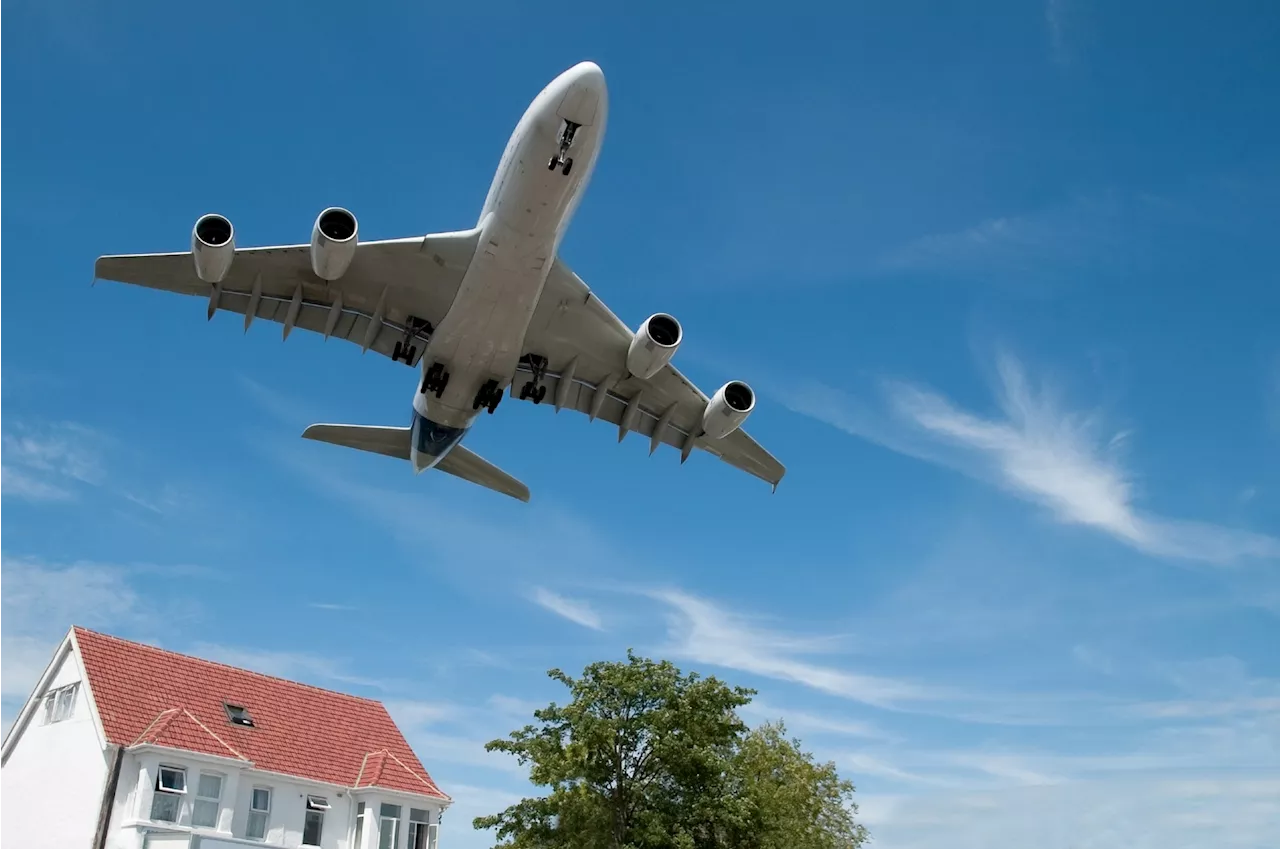Alpha- and beta-blockers reduce oxidative stress and inflammation caused by aircraft noise but fail to prevent hypertension, highlighting their potential to protect vascular health in noise-exposed individuals.
By Priyanjana Pramanik, MSc.Reviewed by Susha Cheriyedath, M.Sc.Jan 9 2025 Discover how common heart medications combat oxidative stress and inflammation from aircraft noise pollution.In a recent article in the journal Antioxidants, researchers in Germany investigated whether cardiovascular drugs such as alpha-blockers and beta-blockers can protect against the complications caused by short-term exposure to aircraft noise.
Noise-induced cardiovascular issues are thought to arise from stress responses that activate the sympathetic nervous system, leading to the release of stress hormones like adrenaline. These hormones trigger oxidative stress and inflammation through the activation of enzymes such as NADPH oxidase and pathways like the hypothalamic-pituitary-adrenal axis. This contributes to blood vessel constriction and endothelial dysfunction, key precursors to heart problems.
The noise protocol simulated takeoffs and landings, with sound levels averaging 72 dB to the human ear, a level chosen to mimic real-world exposure without causing hearing loss. This approach ensured measurable biochemical and functional changes within a short time frame. Exposure to aircraft noise increased systolic blood pressure, which remained elevated despite treatment with propranolol or phenoxybenzamine. Diastolic pressure showed a rising trend with noise exposure but no significant improvement with these treatments. Only pulse pressure showed some improvement.
On a molecular level, noise exposure increased oxidative stress and inflammation markers in cardiac and brain tissues. However, the absence of blood pressure improvement may reflect compensatory mechanisms such as reflex tachycardia or persistent cortisol signaling, which are unaffected by alpha- and beta-blockers. These findings suggest that while vascular function improves, hypertension may require additional interventions.
Drugs Heart Pollution Research Aorta Blood Blood Pressure Brain Cardiovascular Disease Heart Disease Hygiene Inflammation Nervous System Oxidative Stress Sleep Stress Stroke Vascular
United Kingdom Latest News, United Kingdom Headlines
Similar News:You can also read news stories similar to this one that we have collected from other news sources.
 Aircraft Noise Linked to Heart AbnormalitiesA new study reveals that people living near airports have stiffer and thicker heart muscles, potentially increasing their risk of heart events. The study suggests that exposure to higher aircraft noise at night is particularly harmful.
Aircraft Noise Linked to Heart AbnormalitiesA new study reveals that people living near airports have stiffer and thicker heart muscles, potentially increasing their risk of heart events. The study suggests that exposure to higher aircraft noise at night is particularly harmful.
Read more »
 Why 2025 will be the year of the Alpha MaleIt's the start of a brand new year, and the Alpha Male stereotype looks set to take over not just politics, but our everyday lives.
Why 2025 will be the year of the Alpha MaleIt's the start of a brand new year, and the Alpha Male stereotype looks set to take over not just politics, but our everyday lives.
Read more »
 Velocio Women’s Alpha Zero JacketSuperior protection in freezing temperatures, but check you can access the pockets before you invest
Velocio Women’s Alpha Zero JacketSuperior protection in freezing temperatures, but check you can access the pockets before you invest
Read more »
 Black Ops 2 Alpha Contains Unreleased Zombies DLC and Origins ExperienceA fan has uncovered a Black Ops 2 alpha build containing an unreleased Zombies DLC and a fully-functioning Origins experience. The mode includes all maps from the first and second Black Ops games, sparking speculation about why the DLC was never released.
Black Ops 2 Alpha Contains Unreleased Zombies DLC and Origins ExperienceA fan has uncovered a Black Ops 2 alpha build containing an unreleased Zombies DLC and a fully-functioning Origins experience. The mode includes all maps from the first and second Black Ops games, sparking speculation about why the DLC was never released.
Read more »
 Leaked Images Reveal Three New Chinese Combat AircraftLeaked images on Chinese social media reveal three new Chinese combat aircraft, including a large, diamond-shaped stealth fighter dubbed the J-36. The images suggest that Beijing is rapidly developing its air power capabilities.
Leaked Images Reveal Three New Chinese Combat AircraftLeaked images on Chinese social media reveal three new Chinese combat aircraft, including a large, diamond-shaped stealth fighter dubbed the J-36. The images suggest that Beijing is rapidly developing its air power capabilities.
Read more »
 British Solar-Powered Aircraft PHASA-35 Completes Stratospheric Test FlightsBAE Systems' PHASA-35, a solar-powered drone with a 115ft wingspan, completed two successful stratospheric test flights, demonstrating its ability to stay airborne for extended periods. The aircraft can operate continuously in the stratosphere for up to 20 months, offering a cost-effective alternative to traditional satellites.
British Solar-Powered Aircraft PHASA-35 Completes Stratospheric Test FlightsBAE Systems' PHASA-35, a solar-powered drone with a 115ft wingspan, completed two successful stratospheric test flights, demonstrating its ability to stay airborne for extended periods. The aircraft can operate continuously in the stratosphere for up to 20 months, offering a cost-effective alternative to traditional satellites.
Read more »
